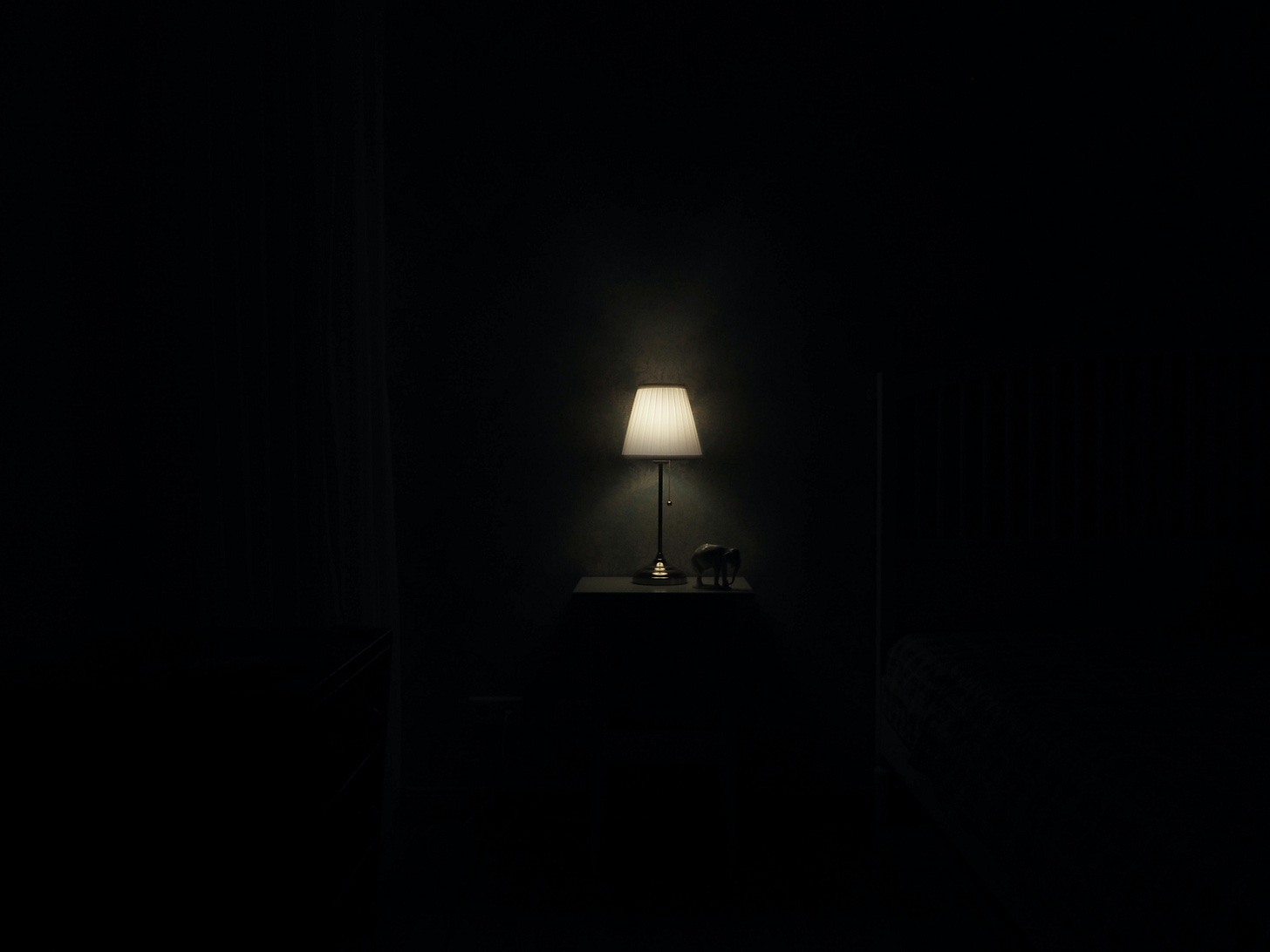What is it about light that makes it such a coveted blessing, a treasure that transcends time and culture?
From the solemn ceremonies of Freemasonry to the wisdom of ancient scriptures and the marvels of modern science, we'll traverse a landscape rich in symbolism and meaning.
Our journey features a cast as diverse as the concept itself: Freemasons seeking enlightenment, biblical figures yearning for sight, and modern individuals grappling with visual impairments. The settings are equally varied, from the solemnity of the Masonic lodges to the dusty roads of biblical lands and the high-tech labs of today's medical world. At the heart of it all is a basic conflict: the struggle to understand why light—in its myriad forms—is considered a blessing.
As we peel back the layers of this concept, we'll discover that why light is a blessing and not a mere ceremonial detail in of the Craft. It's a notion deeply rooted in history, theology, and the very fabric of our daily lives.
In Masonry, "light" serves as a gateway and rite of passage that echoes the biblical tales of Bartimaeus and the man born blind—stories nothing short of a divine blessing.
In ancient times, the absence of light—such as blindness—was a sentence to a life on the margins. Imagine being a storyteller or musician, roles that didn't require sight but offered little else in terms of social standing. Fast forward to today, and we find that inventions like Braille and technological aids have revolutionised the lives of those living with blindness. Yet, the spectrum of blindness is broad, ranging from treatable conditions like cataracts to irreversible medical blindness, each with its unique set of challenges.
With these different perspectives in mind, we're now poised to answer the age-old question: Why is light such a universal blessing?
The gift of physical light enriches our lives in ways we often take for granted. It's the canvas upon which the world paints its beauty, allowing us to navigate through life and form connections that are as emotional as they are visual.
Then there's the light of intellect, the beacon that guides us on our path of self-development. It empowers us to grow, adapt, and face the complexities of life with a sense of purpose.
But perhaps the most transcendent form of light is spiritual. In the sacred texts and philosophical treatises that have guided humanity for centuries, light is the symbol of divine wisdom, moral integrity, and the relentless pursuit of truth.
In the end, light—in all its radiant forms—serves as a cornerstone for human growth and well-being.
Light is a blessing that enriches not just the individual but the collective soul of humanity.
Whether it's the Mason seeking enlightenment of the Craft or the modern individual benefiting from scientific advancements, the quest for light remains a universal yearning. It's a blessing worth cherishing, a gem with countless facets, each reflecting a unique aspect of our human experience.
So the next time you hear the word "light," pause for a moment.
Consider its depth, its richness, and its universal appeal.
For in that simple term lies a world of meaning, a treasure trove of blessings that we, as members of the Craft and as human beings, should never take for granted.




